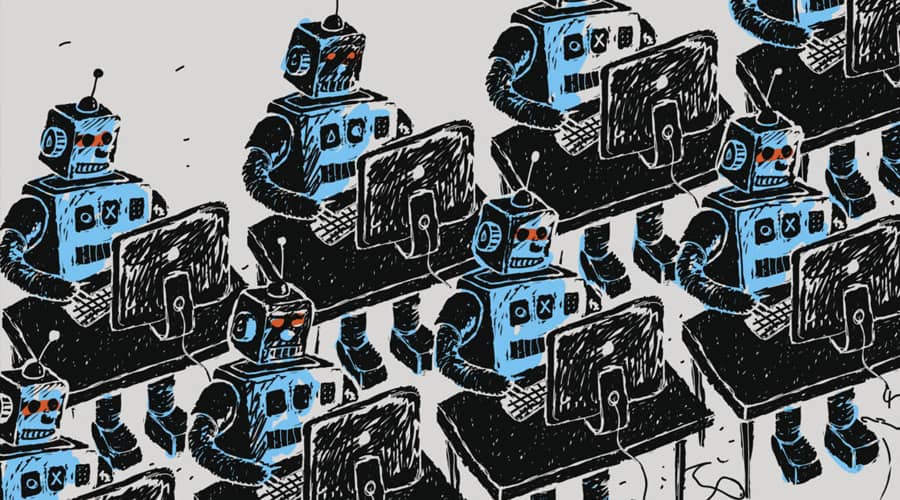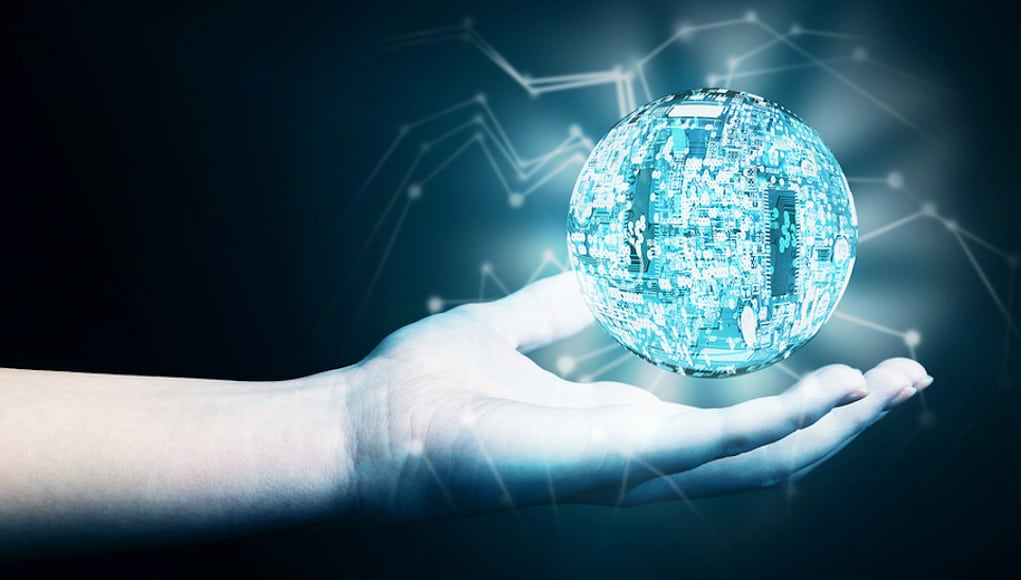
Hey all,
In this blog, I will let you know about the impact of artificial intelligence on growth and employment.
Rapid developments in artificial intelligence (AI) are changing the world economy and affecting every aspect of our lives. As we navigate this technological change, it is important to understand how AI is impacting business growth and productivity. In this blog, we explore the various applications of artificial intelligence, uncovering the opportunities and challenges it presents.
The intersection of skills, growth and employment:
The impact of skills on economic growth and employment is complex. As AI technologies mature, they have the potential to drive business expansion through efficiency, innovation and new business models.
At the same time, they are changing the work environment by needing employees with evolving skills and the ability to work well with AI systems.
Positive impact on business growth:
- Productivity and efficiency: AI-powered automation optimizes routine tasks, freeing customers for higher performance where they need to be creative and think hard.
- Innovation and new business models: AI facilitates knowledge through understanding, enabling businesses to make informed decisions and create new products and services to meet customer needs.
- Marketing Expansion: AI-powered personalized recommendations and marketing strategies open up new ways to attract customers, thereby increasing business growth and revenue
Laws that reduce AI ineffectiveness
The government can implement various policies to reduce AI ineffectiveness. These include:
- Investing in education and training: Governments can help employees develop the skills they need to succeed in the AI industry. This includes training in STEM activities as well as skills such as critical thinking and problem solving.
- Provide job training and assistance: Governments can help AI-displaced workers find new jobs. This may include financial aid, job search assistance and new skills training.
- Facilitate wage growth: Governments can help ensure that wages for workers displaced by AI do not fall. This can be achieved through policies such as minimum wage laws and collective bargaining laws.
- Regulation of AI: Governments can regulate the development and use of AI to ensure that it is used in ways that benefit society. This may include provisions to protect workers’ rights, prevent discrimination, and ensure the sustainable use of artificial intelligence.
Transforming AI in the Workplace:

- Automation and Business Transformation: Especially in repetitive industries, resulting from artificial intelligence There are often concerns about job losses.
But history shows that technology tends to replace jobs rather than eliminate them entirely.
- Evolution of job roles and skill requirements: AI-driven job profile changes require reskilling and skill development efforts. As day-to-day work progresses, the focus shifts to roles that require people to be creative, inventive and flexible.
- Human-machine collaboration: The advent of artificial intelligence augments human capabilities, leading to collaborative collaboration that combines the capabilities of machines with the same people’s emotions and understanding of situations.
Challenges and Decisions:
- Job Switching and Skills Challenges: Transitioning from traditional roles to AI-enhanced roles can be particularly problematic for unskilled workers.
Continuing education and training is essential to fill this gap.
- Reducing Ethical Concerns and Bias: Ensuring that AI algorithms are fair, transparent, and bias-free is crucial to avoiding creating social inequality.
Embracing an AI-Driven Future:
- Continuing Education and Innovation: The evolution of AI requires a commitment to lifelong learning. This includes acquiring skills as well as developing interpersonal and creative communication skills.
- Government, schools, and businesses must work together to create programs suitable for people with the necessary skills for AI-driven jobs.
Envisioning the Future:

The road ahead is full of exciting opportunities. AI has the potential to foster the birth of new businesses, foster human creativity and redefine the nature of work. As we seek to harness the potential of AI, a balance that addresses its challenges while supporting its power will be crucial.
Results:
The impact of intellectual skills on economic growth and employment is a complex process that influences the morality of innovation, change and imagination. While AI can revolutionize the traditional work environment, it also has the potential to expand business, open new horizons and increase operational efficiency.






Leave a Reply
You must be logged in to post a comment.